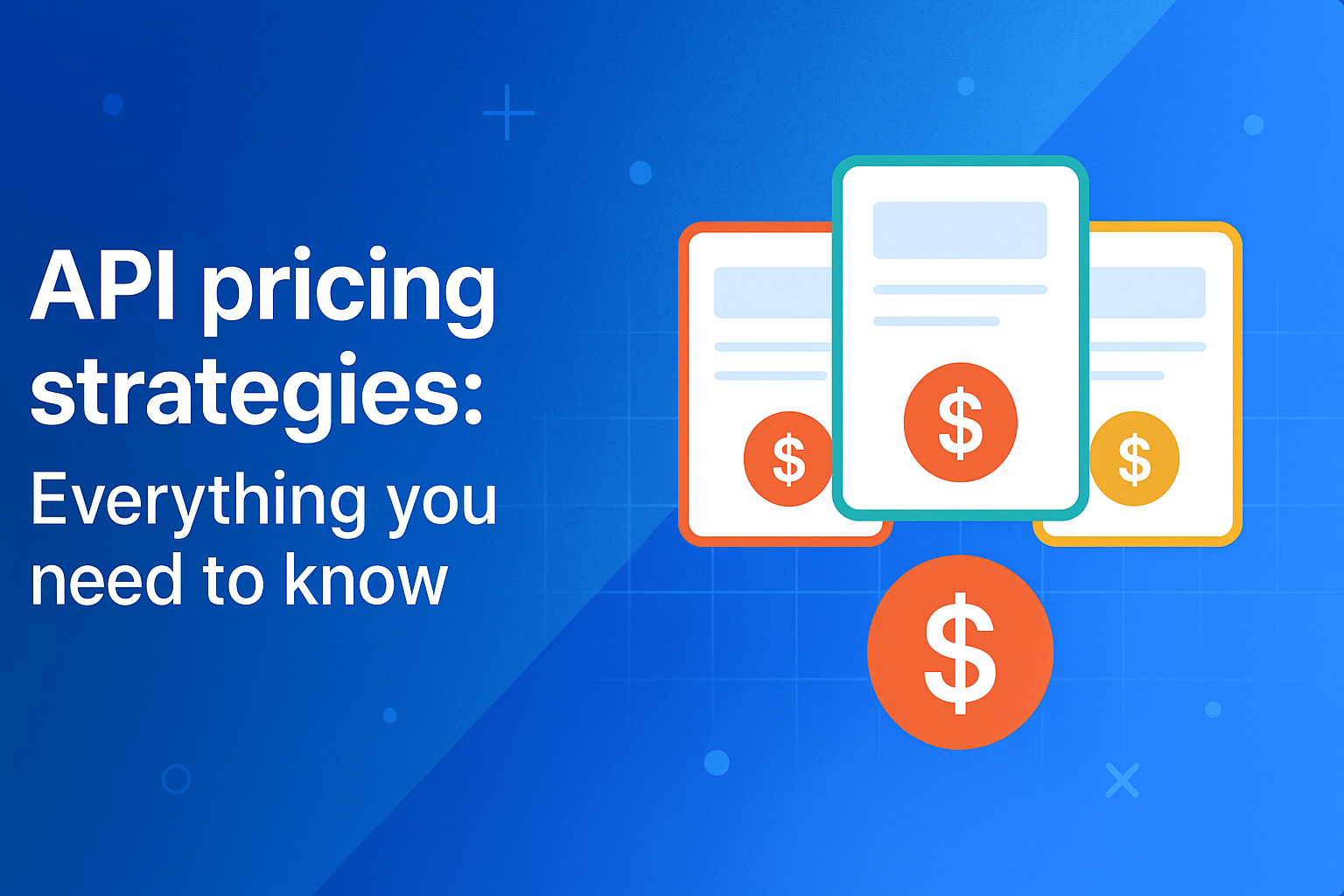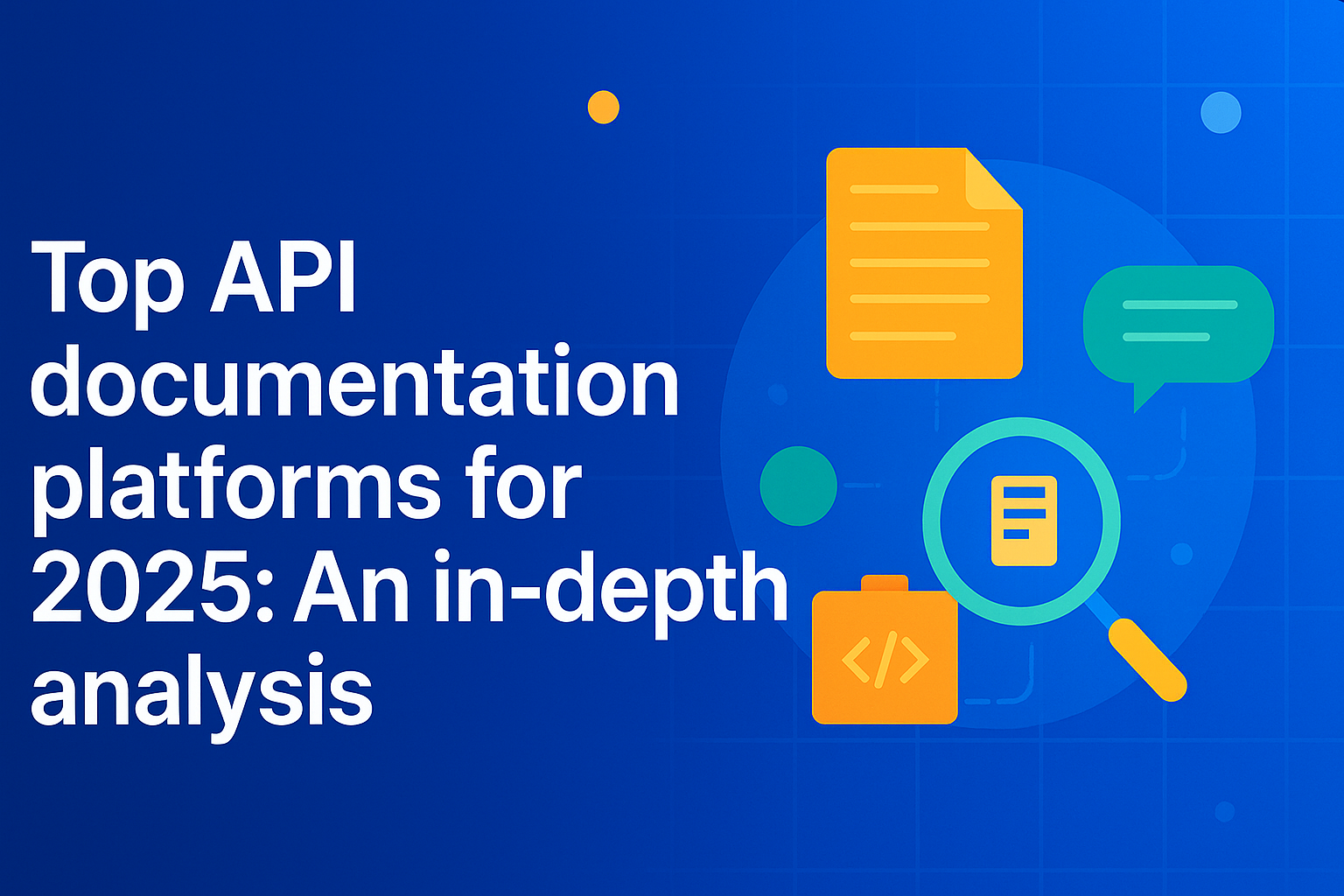Welcome to the DigitalAPI Resource Hub
Sneak peek into our customer success stories, thought leadership, updates and much more...
Thank you! Your submission has been received!
Oops! Something went wrong while submitting the form.
No items found.
You’ve spent years battling your API problem. Give us 60 minutes to show you the solution.
Get API lifecycle management, API monetisation, and API marketplace infrastructure on one powerful AI-driven platform.
.svg)


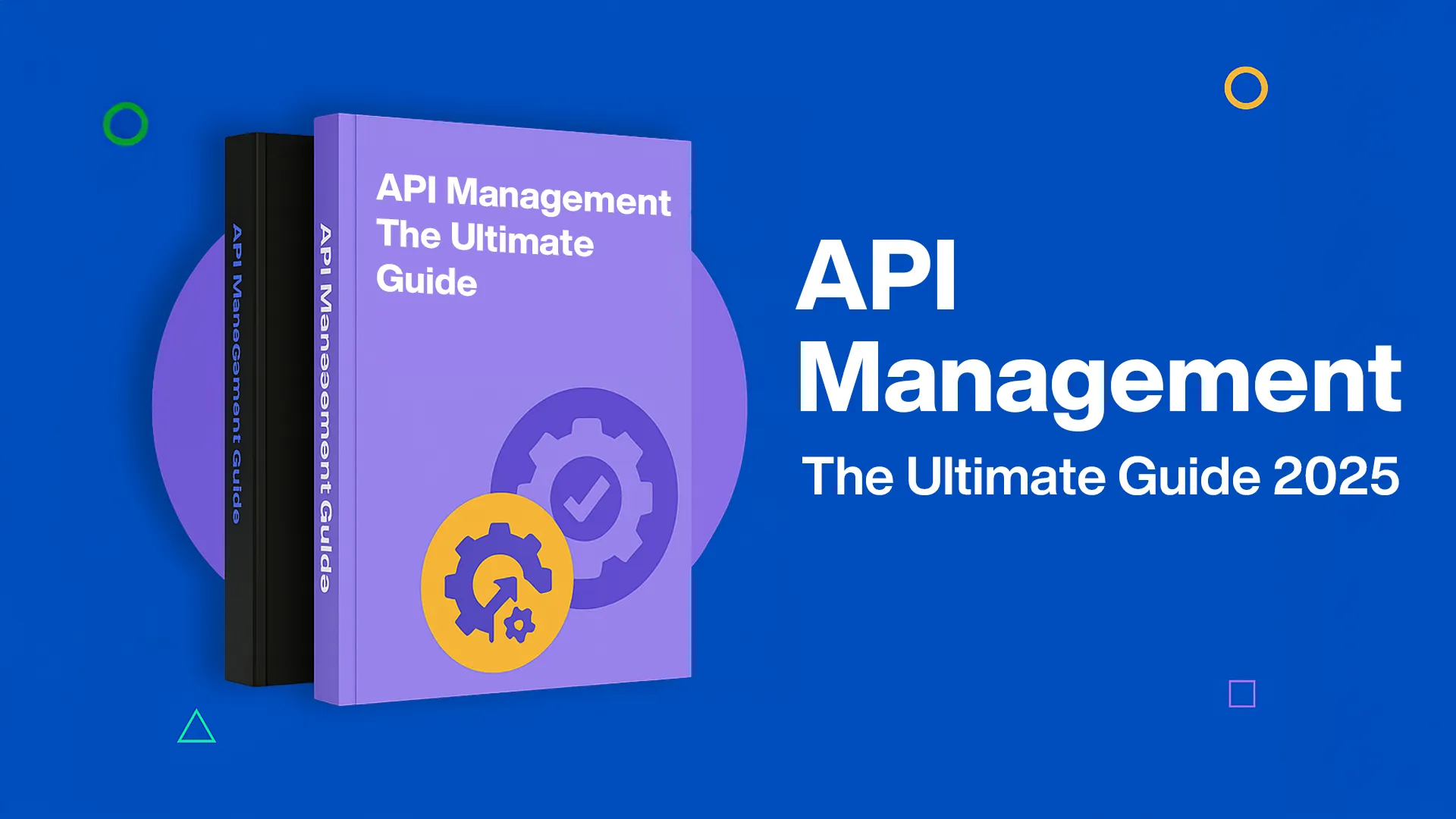



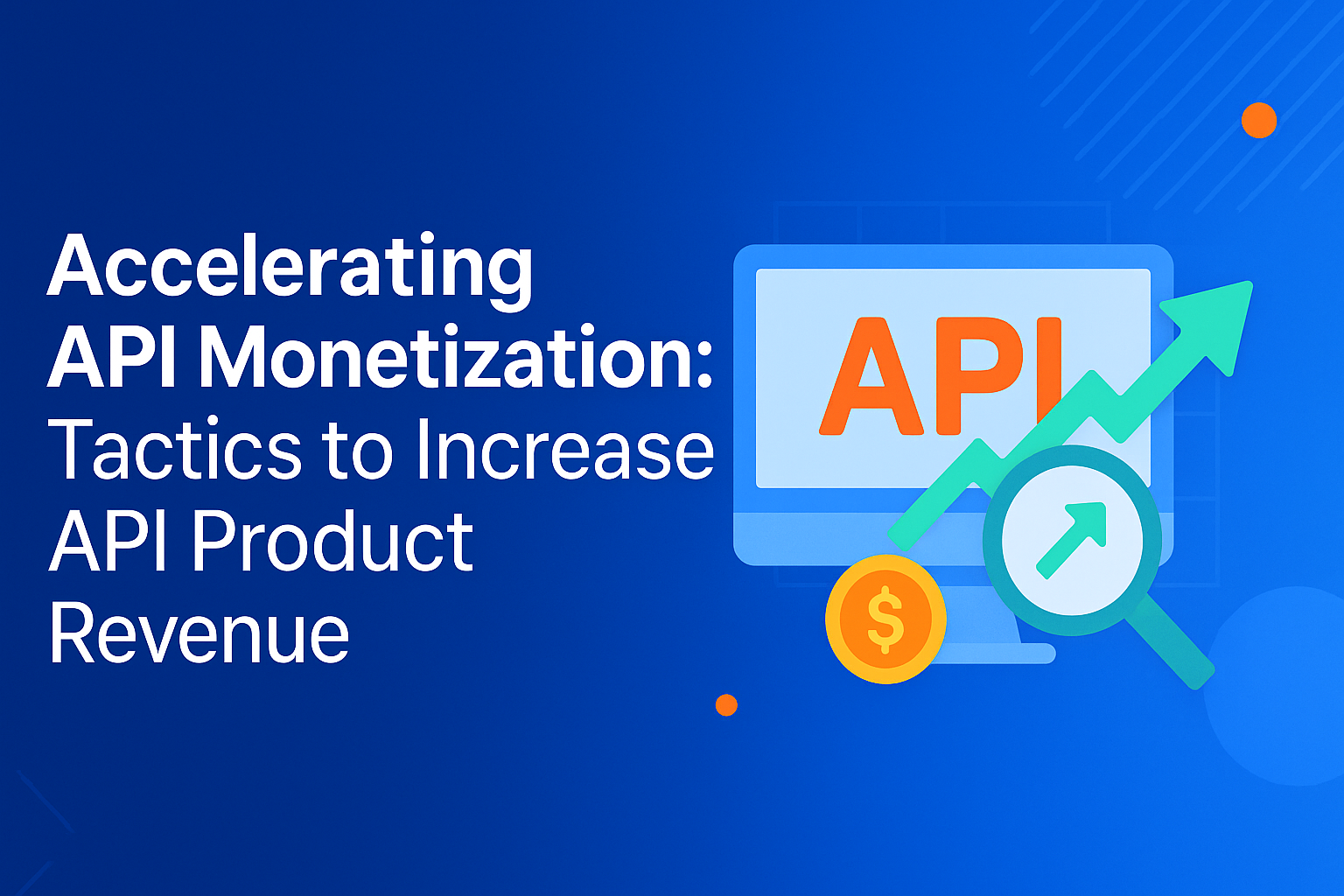
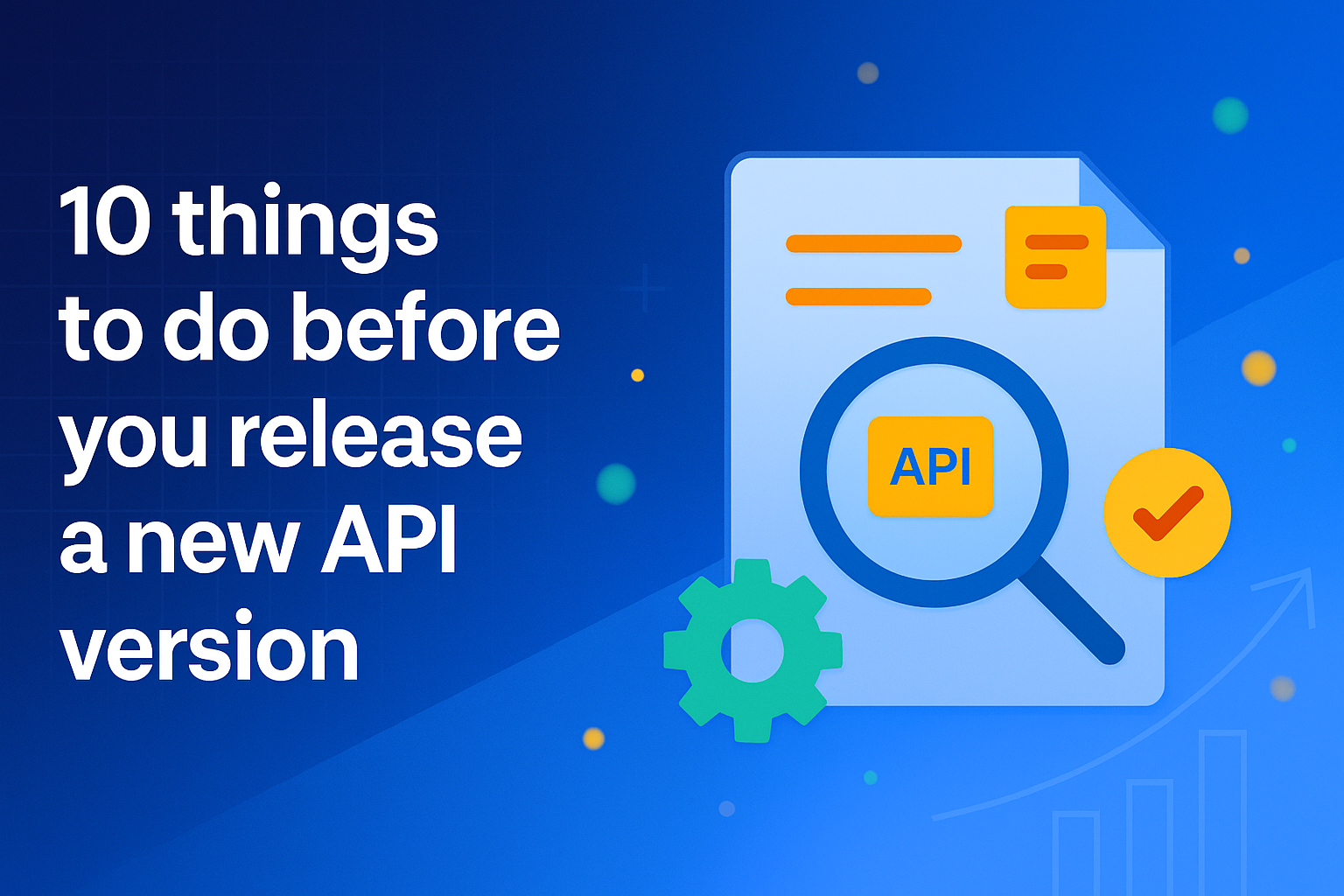
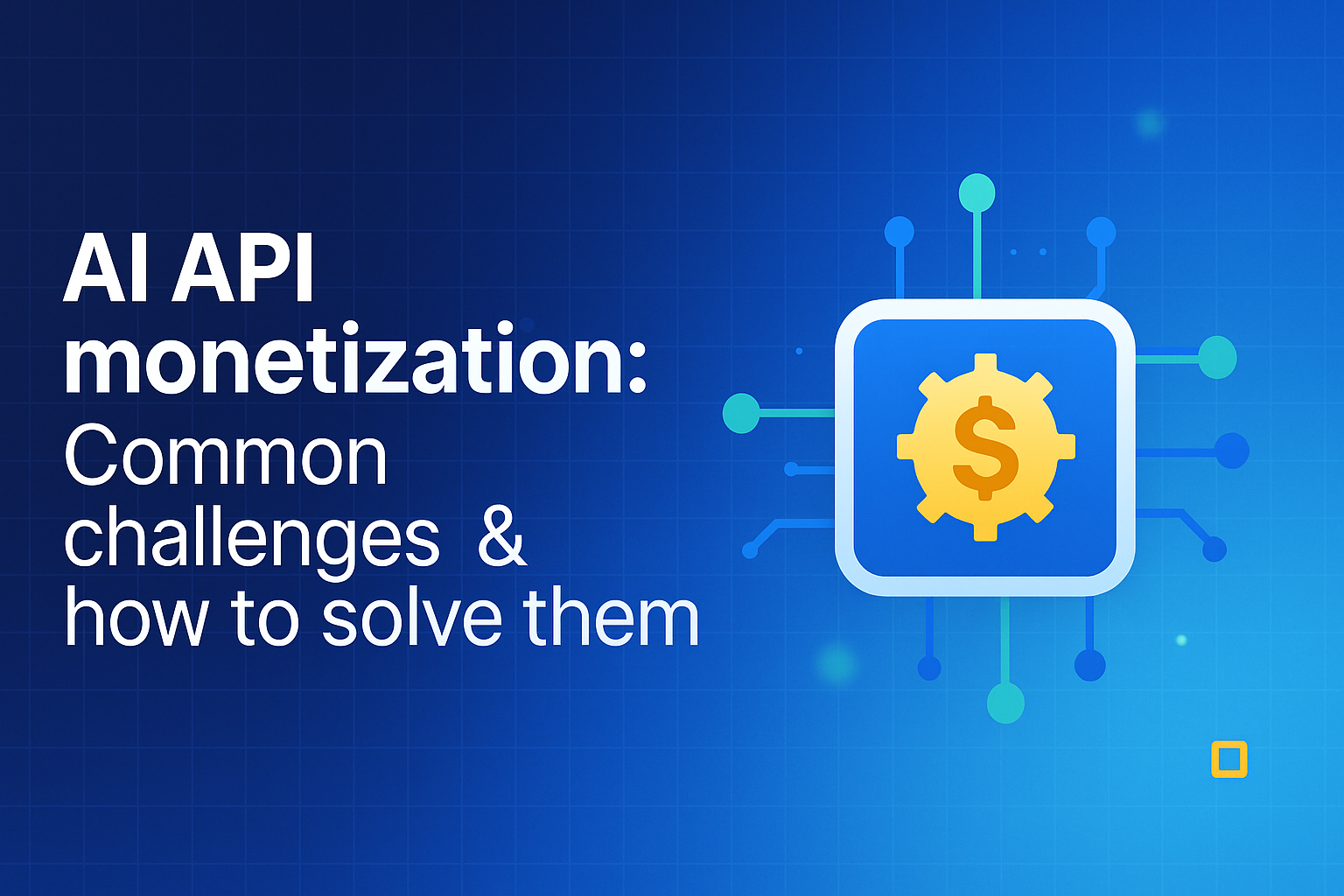
.png)
